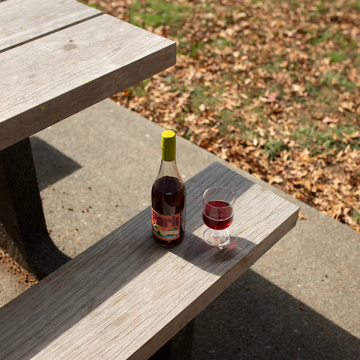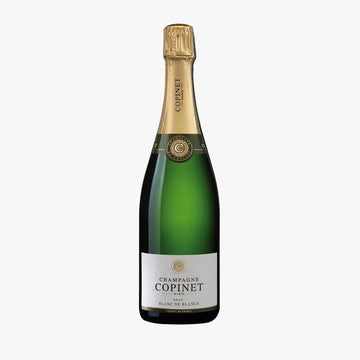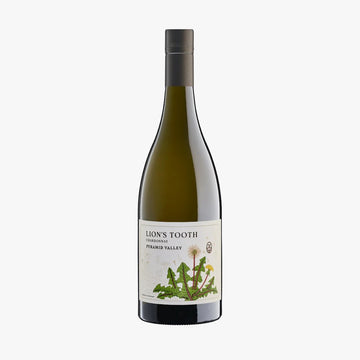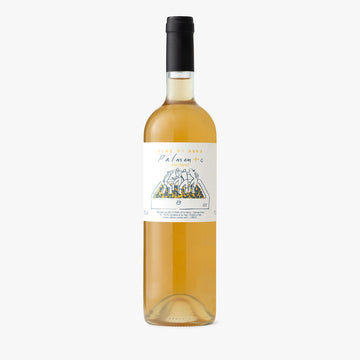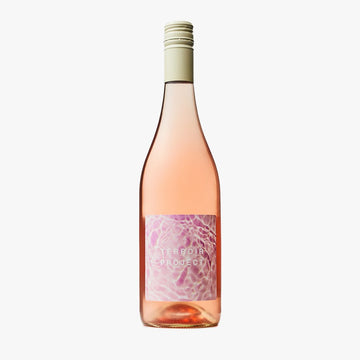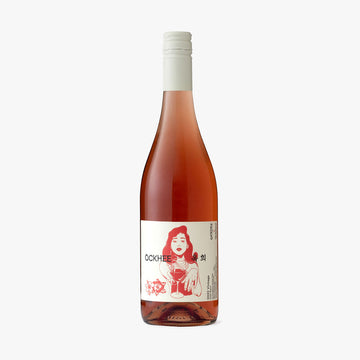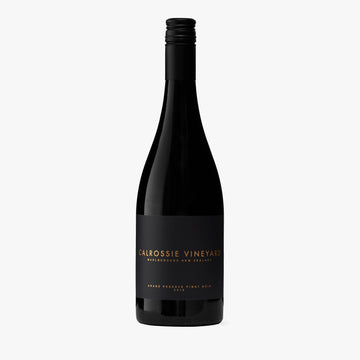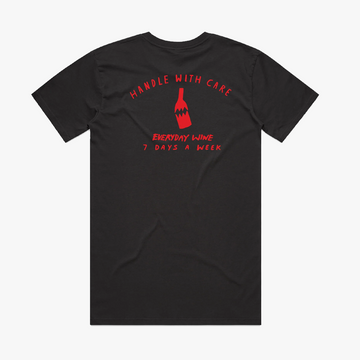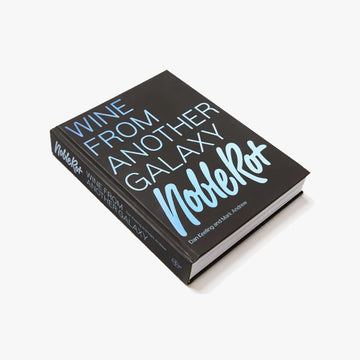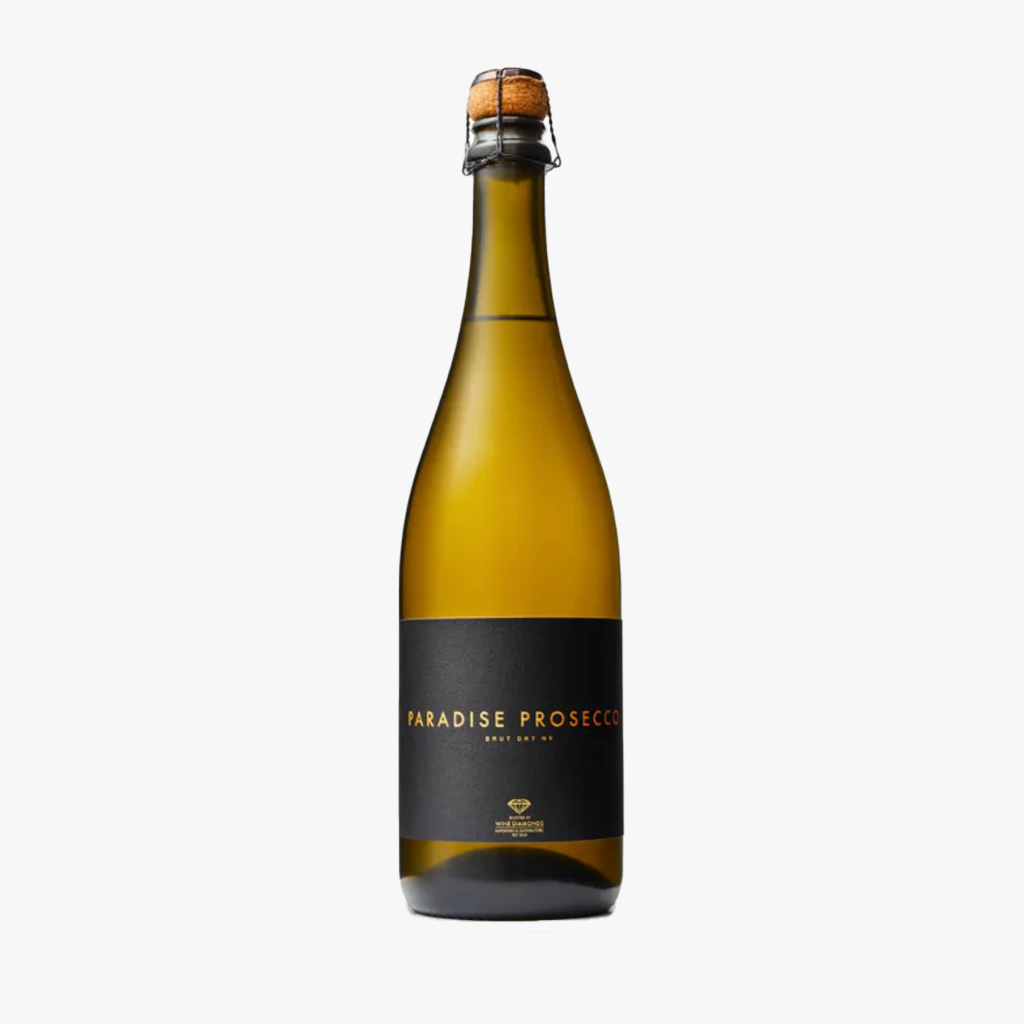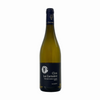2020 Jo Landron 'Clos la Carizière' Muscadet
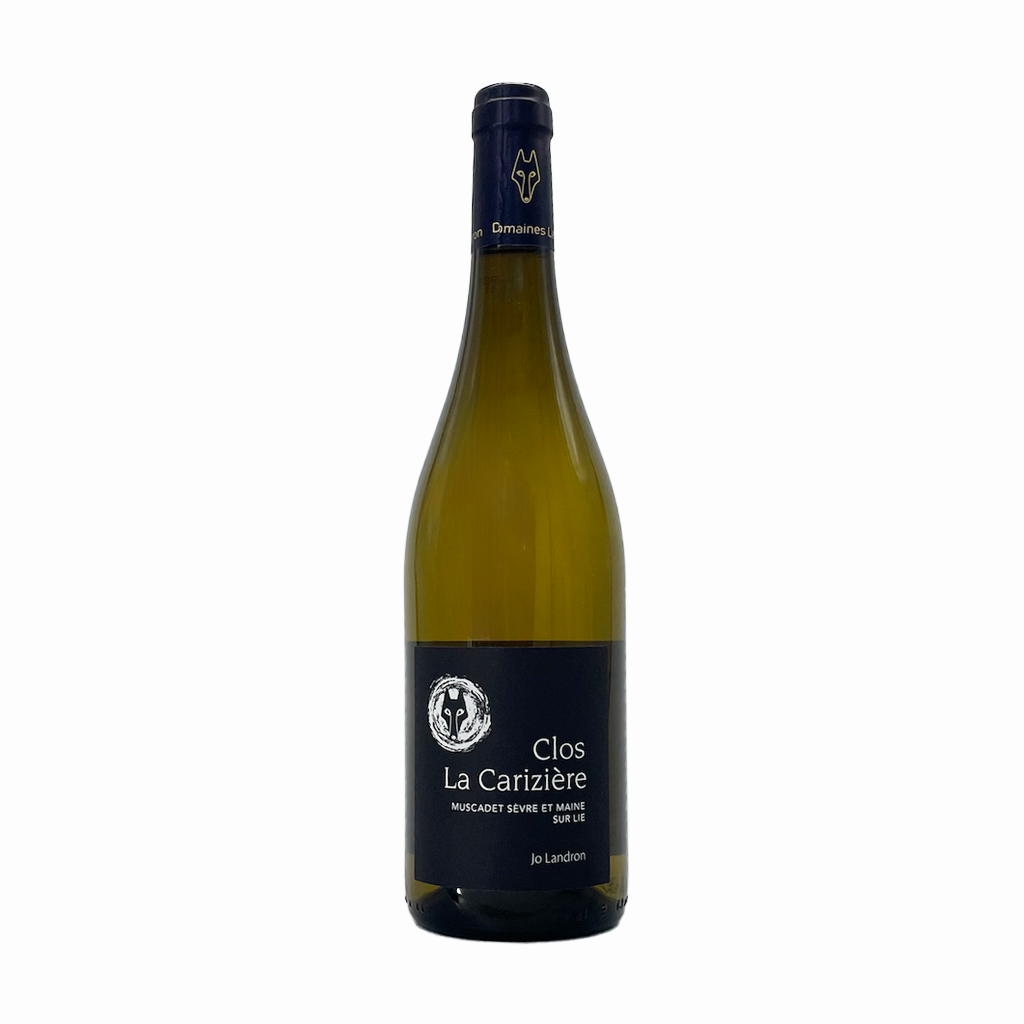
From cult winemaker Jo Landron, this is Muscadet at its very best. La Carizière displays an intense minerality in a very floral style. The palate is sappy and shows excellent substance, with grip and structure that will continue to develop over time. Nicely composed, with an elegant acid backbone, the finish is long and memorable.
Delicious with oysters and other shellfish!
Jo Landron, a graduate of the École d’Agriculture in Briacé, which counts a good number of the leading winemakers of Nantais amongst its alumni, has been ensconced at Domaine de la Louvetrie in La Haye-Fouassière for more than twenty years. His wines, in truth like their master, speak very clearly; these are fine, minerally efforts, sometimes rich, always interesting and, in the case of the top cuvées, wines worthy of cellaring.
Domaine de la Louvetrie was established by Pierre Landron in 1945, and it was not until the 1980s that his son, who goes by the name of Jo, joined him, having first finished his studies. In 1990 Pierre handed everything over to Jo; he now farms about 36 hectares at Domaine de la Louvetrie, although he also tends two other domaines, Château de la Carizière and Les Grand Houx, bringing the total up to about 48 hectares. It was under Jo’s direction that the vineyards were converted to 100% organic viticulture in 1999, gaining full certification from Ecocert in 2002. In 2008 he took the leap to full biodynamic viticulture, gaining Biodyvin certification. The use of chemical fungicides and other such methods were totally abolished, fertilisation is with biodynamic compost, and the vineyards are ploughed to reduce competition from weeds. The vines see leaf-thinning to aid drying and discourage rot, and Atlantic breezes also help with this task. The vines, which range in age from 15 years up to about 70 years, are planted at a density of 7000 vines/ha and pruned to eight buds to bring yields below 50 hl/ha, although in the vineyards with a more favourable exposure a green harvest may also be employed, bring yields here below 40 hl/ha.
The fruit is harvested by hand before transport to the cuverie where it undergoes a pneumatic pressing. The must is then allowed to settle and ferment naturally in glass-lined temperature-controlled cement vats, before resting on its lees for between six and twelve months, after which it is bottled. Jo, like many growers in the region, likes to express the particularlity of the multi-faceted terroirs.
Complex, Mineral, Perfumed
